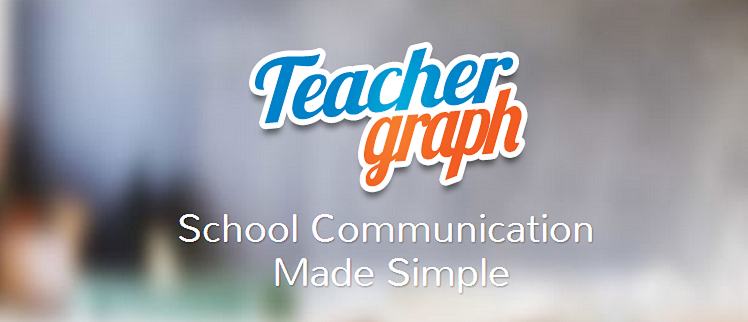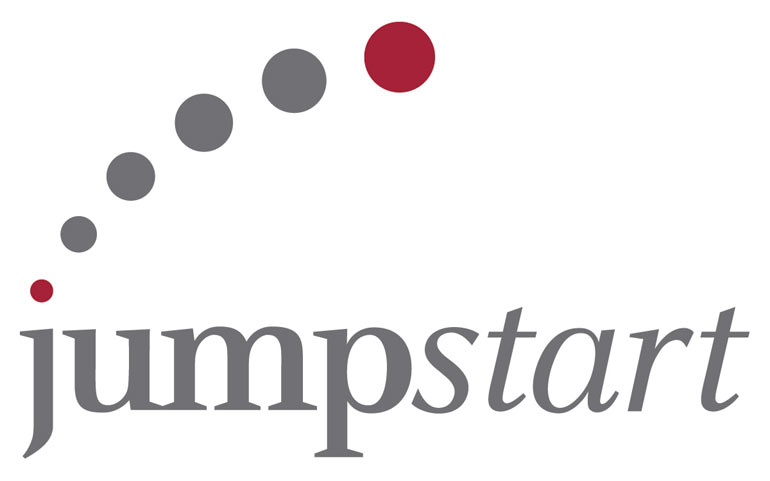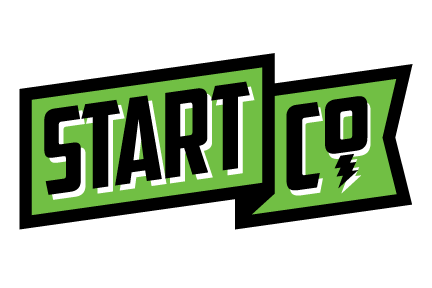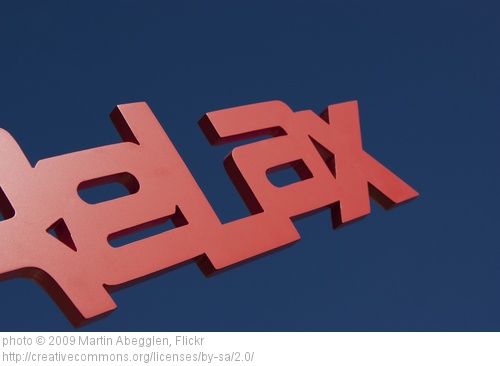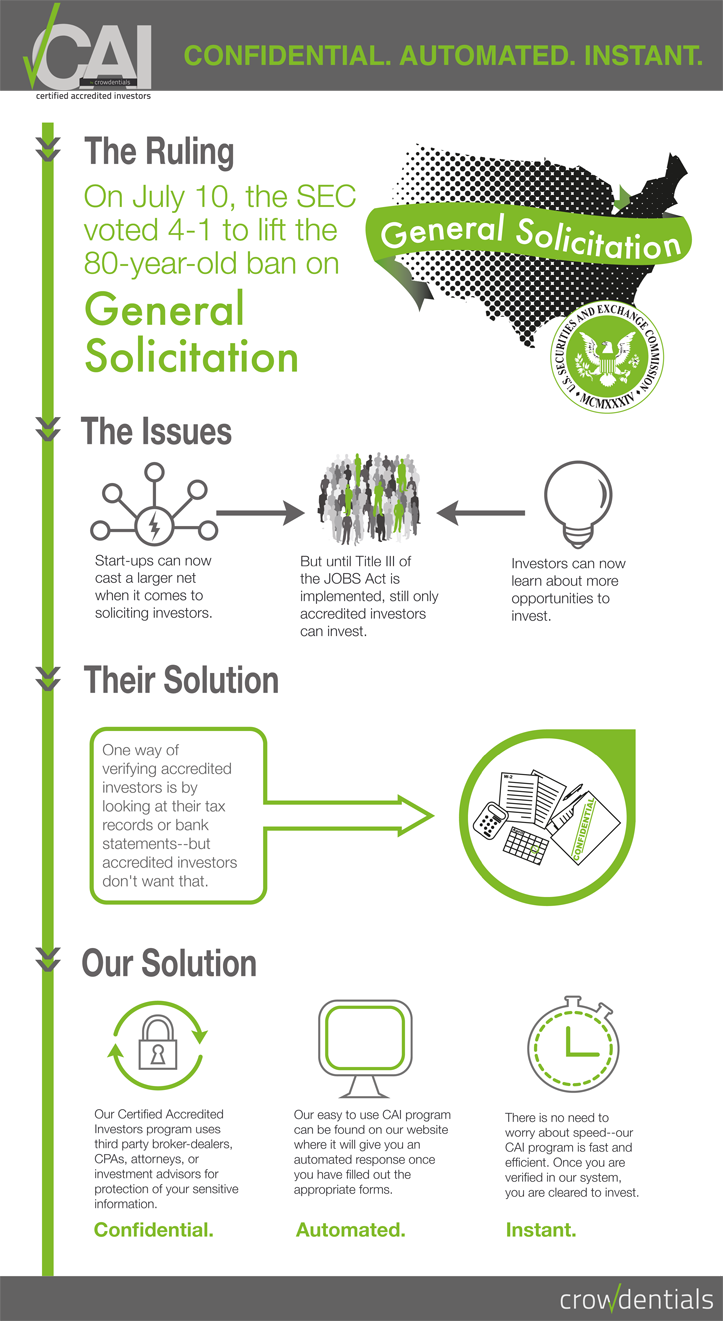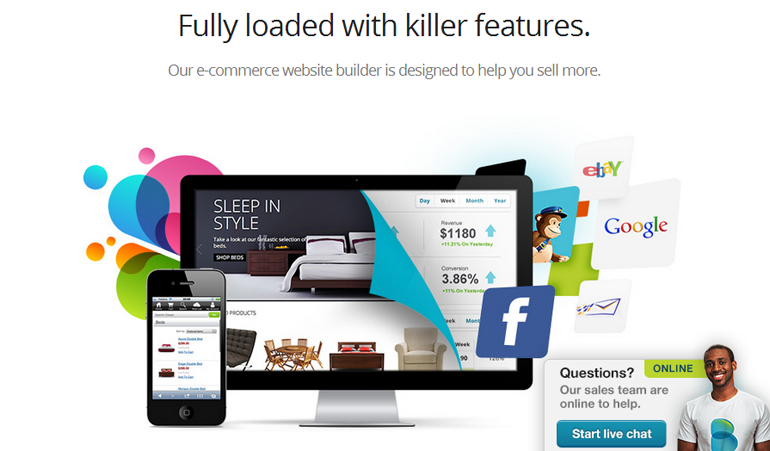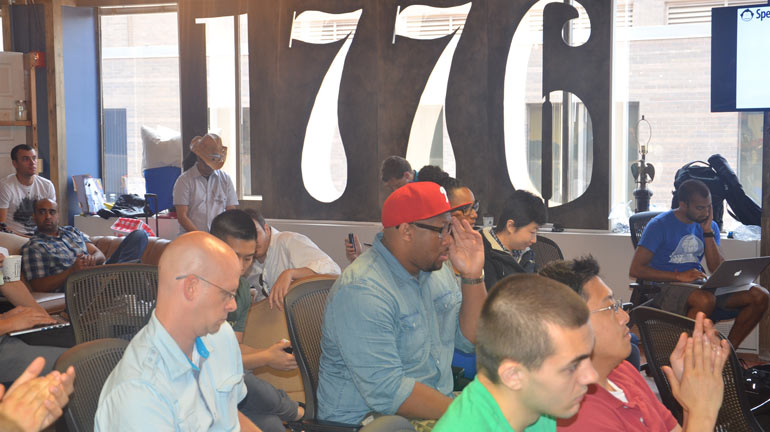 Kelly Schwedland is no stranger to entrepreneurship. After a few startup successes, he moved to Chicago to attend the University of Chicago’s Booth School of Business. During his 5 years in the city, he spent a lot of time in and around the infant Chicago startup scene.
Kelly Schwedland is no stranger to entrepreneurship. After a few startup successes, he moved to Chicago to attend the University of Chicago’s Booth School of Business. During his 5 years in the city, he spent a lot of time in and around the infant Chicago startup scene.
Now back in Indiana, Schwedland is using all those years of experience to help local entrepreneurs on the road to success. As an Entreprenuer-in-Residence at Elevate Ventures, he spends most of his days traveling northern Indiana, coaching dozens of teams at various stages in the startup process.
In a traditional venture capital arrangement, the VC provides money, occasional connections, and often a vote on the board. They have little to do with the actual development of a company.
With the help of the Indiana Economic Development Corporation, Elevate Ventures does things a little differently.
“We try and surround the entrepreneur through the entire process,” Schwedland explains.
One way this happens is through varying levels of funding. There are grant opportunities for entrepreneurs looking to develop a product. Angel funds are available for companies with a little bit of early traction, and there is also a diversity fund for women, minorities, and veterans.
Elevate works with a broad range of companies, but they all have 2 things in common:
- They are Indiana-based. The core mandate of the organization is to build Indiana companies.
- They are innovation-driven, usually with a national or global scale.
Once a company wins investment from Elevate, the entrepreneurs-in-residence like Schwedland step in. He helps companies start where they are, both geographically and in the life of their company. From there, he coaches them on how to maximize funds to gain traction and how to pivot into the right business models.
So, what advice would Schwedland give to entrepreneurs everywhere else looking to catch the eye of a VC?
“Traction! It’s hard not to underscore this enough. Unless you have been successful several times in the past, VC’s still look at traction with customers as the primary proof that what you say is true. And, really, they are looking for traction on your business model, proof that a dollar of marketing gets 2+ dollars of profit.”
He acknowledges there are different kinds of traction. 10,000 email addresses of people waiting for your launch is a good starting point. Actual paying clients is even better.
“In the end it all comes down to customer validation,” he says. “And the best validation is when customers give you dollars in exchange for your products.”
In his “spare time” Schwedland is also developing his own resources that give advice based on his own experiences. He likens them to the Silicon Valley pitchbooks, collections of VC advice passed from company to company.
Schwedland’s version will be developed in several different formats. One is a slide deck on SaaS companies and the freemium model. Pulling from research he did in Chicago, the deck breaks down the whys and hows of a successful freemium model.
Another resource will discuss crowdfunding, a popular way to gain both money and traction without a lot of capital. There are plenty of successful and unsuccessful crowdfunding campaigns, and Schwedland will use them to point out a few best practices. One successful campaign he will pull from is that of JustFoods. This Indiana company is developing real food meals for people that must eat from a tube. Their Indiegogo campaign provided just the traction and money they needed to move from idea to product development.
It’s common “knowledge” that funding is one of the biggest challenges for startups everywhere else. We tend to believe that all the money lives on the two coasts.
But Kelly Schwedland and Elevate Ventures are disproving that belief. Not only is there money available for promising companies, VC firms everywhere else are innovating their own industry. Because of them entrepreneurs are better served and more able to succeed.
To learn more about Kelly Schwedland and Elevate Ventures, check out their website.

disclosure: Elevate Ventures is one of our Indiana content sponsors.
 Everywhere Else Cincinnati is fast approaching, and the Nibletz team is working like crazy to make it the best event everywhere else. We’ve already announced tons of speakers, and we have even more waiting for unveiling.
Everywhere Else Cincinnati is fast approaching, and the Nibletz team is working like crazy to make it the best event everywhere else. We’ve already announced tons of speakers, and we have even more waiting for unveiling.


